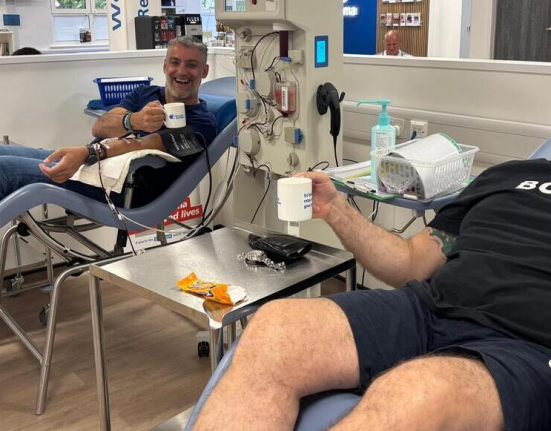PHTA speeding up clinical trials to deliver best treatments to patients
The UK government is targeting a dramatic reduction in clinical trial setup times – and Birmingham is a focal point for this work.
The aim, according to the FT, is to cut the average from 250 days to 150 days or less in a move designed to attract pharmaceutical companies and boost medical innovation.
The Vaccine Innovation Pathway, developed by the National Institute for Health and Care Research, has already shown success.
An mRNA norovirus vaccine trial was set up in just 70 days, down from nearly nine months. Birmingham, a leading UK clinical trials hub, is at the forefront of this effort.
Launched in 2023, the industry trials hub at the Precision Health and Technology Accelerator (PHTA), based at the University of Birmingham’s Innovation Campus, is transforming how academic trials collaborate with industry.
Traditionally, academic trials required replication by pharmaceutical companies for regulatory approval, delaying patient access to new treatments.
The PHTA’s “fit for filing” approach designs trials to meet regulatory standards from the start, speeding up approvals.
Professor Gino Martini, CEO of the PHTA, said: “The PHTA’s purpose is to push the known boundaries of health tech. And that’s exactly what we’re doing with our work to speed up clinical trials and approvals, so the latest and best treatments can be delivered to patients faster than ever before.”
GLO-BNHL trial
A standout example is the Glo-BNHL trial, the largest global platform trial for paediatric and adolescent relapsed or refractory B-cell non-Hodgkin Lymphoma (B-NHL).
With no effective treatments for this condition, the trial tests multiple drugs simultaneously, using advanced statistics to assess efficacy quickly with fewer patients.
This allows seamless transitions to alternative drugs if one fails, offering hope for children with this deadly disease.
The platform trial model is more efficient for industry, leveraging existing patient pools and trial infrastructure.
Successful treatments could gain rapid regulatory approval, potentially becoming standard care in the NHS and beyond, significantly shortening the path from trial to treatment







